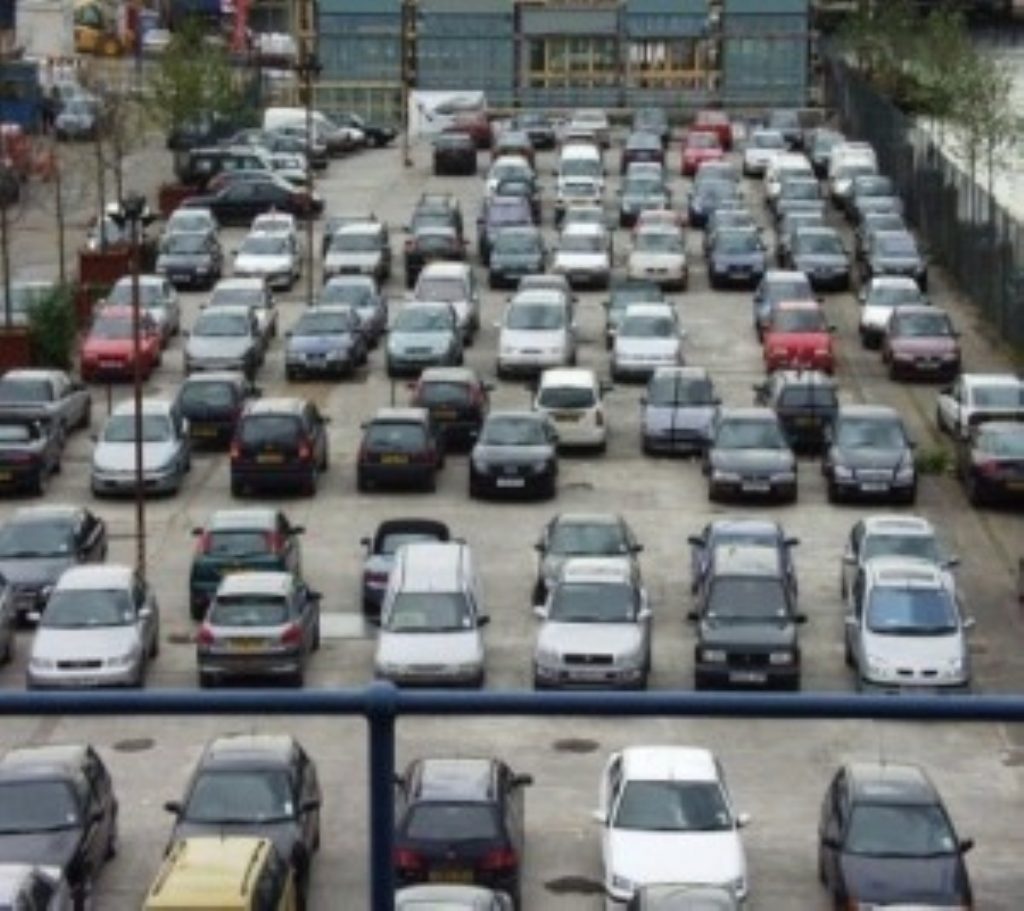Congestion charging to stop gridlock
Motorists could face a nationwide congestion charge to avoid national gridlock.
A new report published today warns the Government that the country faces gridlock in seven years unless drastic action is taken.
The influential Independent Transport Commission has produced the document, which states that traffic on the UK’s busiest roads could increase by 25 per cent over the next seven years.
The report, which looks at the congestion charge scheme introduced by London Mayor Ken Livingstone four months ago, recommends that similar schemes are extended across the country to cover peak periods.


The commission suggests that charges for road usage could partly replace motoring taxes in the future.
Traffic levels in central London have dropped by almost 40 per cent since the introduction of the congestion charge, though retailers have faced problems caused by a drop in the number of shoppers coming into the capital.
Charging motorists could cut congestion by up to 19 per cent, according to the ITC, and the study’s authors propose different road tolls in different areas, with higher rates for using congested town centres during rush hour or for vehicles that cause greater environmental damage.
Campaign groups have welcomed the report’s findings and called congestion charging ‘inevitable’.
The document, entitled Transport Pricing and Investment in England, advised Transport Secretary Alistair Darling not to dither over congestion charging, as the result could see the UK roads reach bursting point.
The report states: ‘Whilst we cannot be precise about the level of charges and revenues that might be appropriate by 2010 it is plain that the imperative to introduce some radical new policy such as general road user charging will become much stronger by then than it is today.
It continued: ‘It makes good economic sense to shift the burden of taxes and charges away from fixed taxes such as the tax disc, towards charges that vary with usage.’
The report follows Mr Darling’s speech on potential future road charges, which he said could see commuters, parents on the school run, and motorway drivers bear the majority of tolls.

